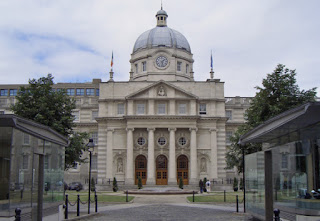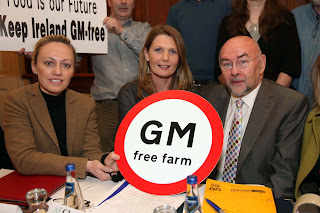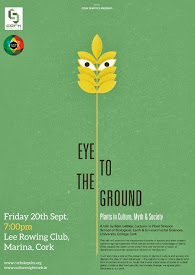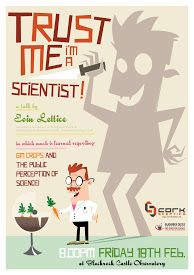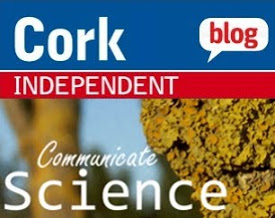Chief Scientific Adviser post abolished
The Department of Jobs, Enterprise and Innovation announced the abolition of the stand-alone post last Friday, saying that the role would be absorbed into that of the Director General of Science Foundation Ireland.
Dr. Stephen Sullivan, an Irish scientist working in the US and Chief Scientific Officer at the Irish Stem Cell Foundation told Communicate Science that the government was making two mistakes at once here: "The first mistake is removing a whole office charged with making sure decision makers in Government understand Science, its use, and what it needs to be competitive, of societal benefit, and, in the present climate, good value for money for the taxpayer and the country", said Sullivan. "The second mistake is making a civil servant responsible for formulating how we spend taxpayers money, now responsible for assessing his own decisions. This is quite simply a very poor management structure and is in fact a huge and obvious conflict of interest".
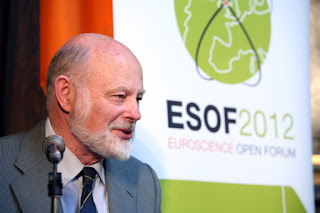 |
| Prof. Patrick Cunningham, former CSA |
One of Cunningham's major successes had been to help attract the Euroscience Open Forum to Dublin this year. He also contributed to the debate over such topics as GM crops and stem-cell research.
In a recent interview with the Irish Times, Cunningham told Dick Ahlstrom that contact with the current government had become less frequent but that “both governments are firm in their belief that Ireland needs to advance as a technological society”.
This latest change means that Prof. Mark Ferguson will take on the role of CSA in addition to his existing role as head of Science Foundation Ireland. A cost-effective, money-saving move, the government might argue? Stephen Sullivan disputes this notion:
"What does this say about Ireland's commitment to Science?" asked Sullivan, "What does it do for the morale of an already beleaguered Science community. In 2009, we closed the independent council for bioethics, we don't have a Minister of Science. While this might constitute a short term saving to a bureaucrat in the Dail, it weakens Irish Science and makes the country less attractive to invest in".
Coincidentally, I enjoyed reading a piece by Senator John Crown (a consultant oncologist) in last weekend's Sunday Independent. In it, Crown referred to the recent jailing of six Italian scientists for making "falsely reassuring" comments before the 2009 L'Aquila earthquake. What the article was really about, however, was the problems of scientific ignorance when it comes to public policy.
 |
| CSA Patrick Cunningham at the launch of ESOF2012 |
There are a host of things which combine to create a scientifically literate society: a broad, universal curriculum at primary and secondary level; a world-class third level scientific community; a place for science within the public sphere, in art, on TV; a thriving science-led economy; etc. A key factor in all of this is the presence of an individual who can champion science at the highest level. In the absence of a designated government minister for science, the CSA was that person. Not even the government can deny that downgrading that post - notwithstanding the good work of Prof. Ferguson at SFI - is a retrograde step.
"The Office of the Chief Science Adviser is a pivotal office of any Government that understands the societal and economic benefits of Science", concluded Sullivan. "If political short term interests are always prioritized, it is not surprising that a good long term strategy for Science cannot be developed."
You can listen to Stephen Sullivan speak about this issue on RTE Radio's Morning Ireland here.
Update (12th November 2012): You can read my piece on this subject in the Cork Independent here. This article was quoted by Forbes here.

